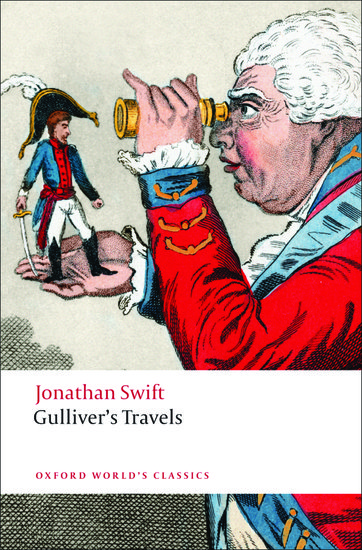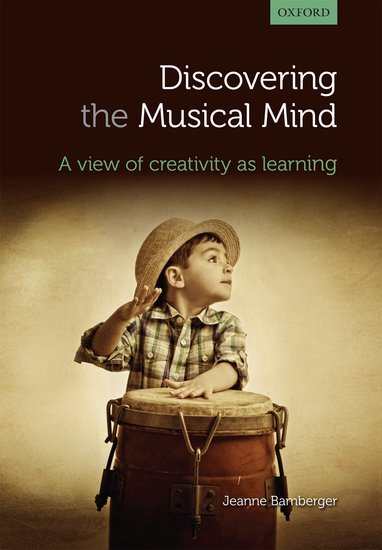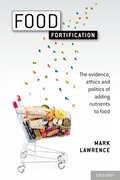‘And he laid down his hammer and he died’: Health and performance pay
By Keith A. Bender and Ioannis Theodossiou
The 18th Century political economist, Adam Smith, wrote: ‘Workmen… when they are liberally paid by the piece, are very apt to overwork themselves and to ruin their health and constitution in a few years’














